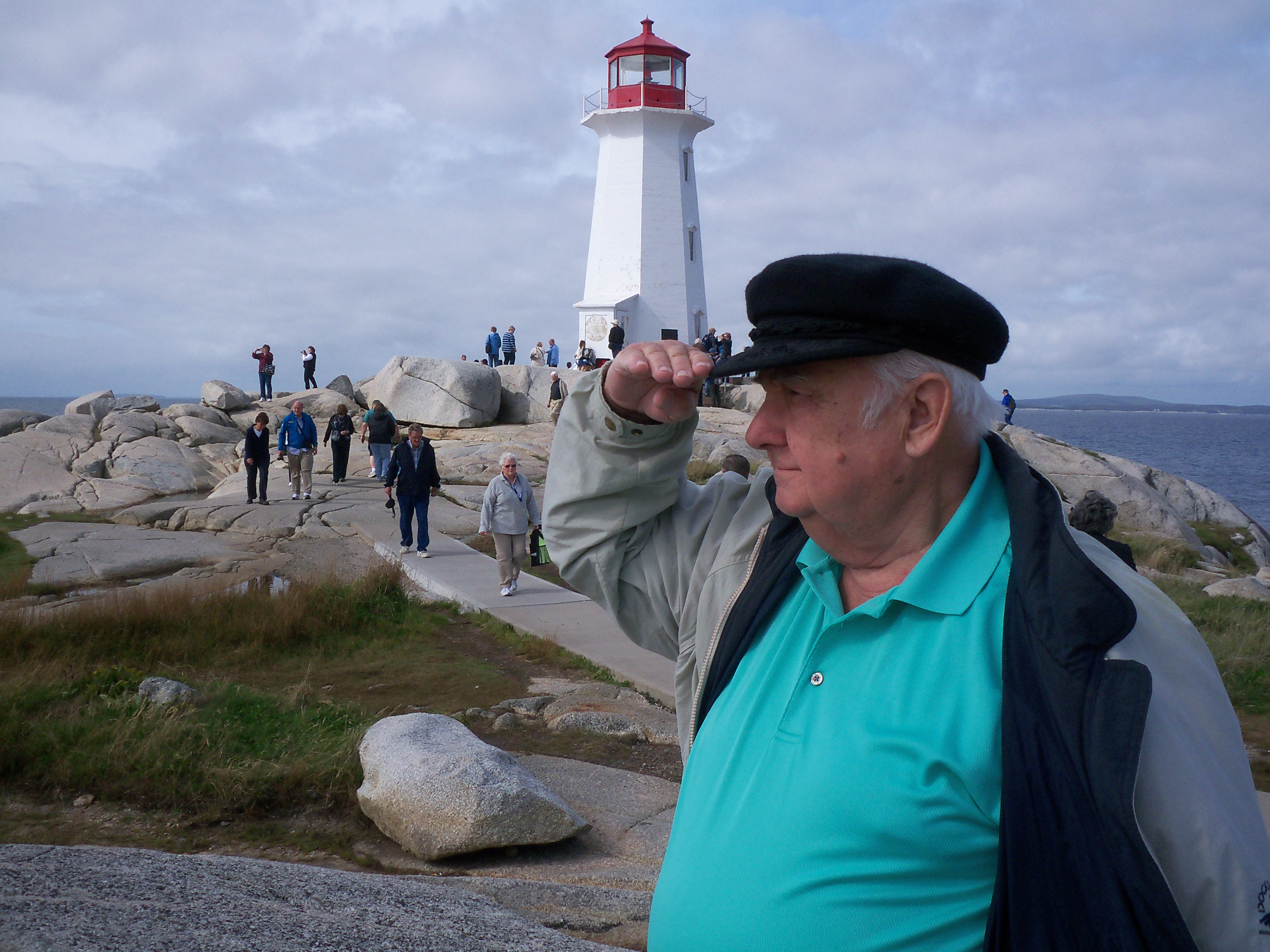I remember these readings years ago when Sister Roberta was alive. Sister Roberta was the organist and music director here. After the homily in which I stated that I hated fishing, she came up to me to tell me that she enjoyed fishing. I was startled to lean that she actually found it relaxing whenever she had the chance to get away on vacation. Well, honestly, I find nothing more torturous than sitting in a boat in the middle of a lake slicing up messy gooey night crawlers to catch messy smelly fish. As I like to joke, I pay people to do that! Yet all jesting aside, fishing teaches us something about Christian discipleship.
The first apostles Jesus chooses are fishermen: Simon, Andrew James and John. Apart from Matthew or Levi, we never find out the other apostles’ trades or occupations, just their political stance, like a Zealot, or where they are from, like, Canaan. In the words of Alice Camille, “Jesus likes their plodding fidelity to their task” of fishing hoping that every time they throw a net they might catch fish.
Fishing teaches me to be patient, committed and attentive. There are good comparisons. I sit quietly in a boat waiting for the fish to bite. I can sit quietly praying for God to answer prayer. I wait patiently for a brother and sister to find God in their lives. I go out day after day, rain or shine, to make a catch. I can get up day after day to pray and to live the Gospel in what I say and do. As a fisherman I mend my net, I clean and fix my fishing pole. As a worker in the vineyard of the Lord, I am attentive to the needs of those around me.
The truth is, though, instead of wanting to be patient people who fish, we are more like the prophet Jonah. God tells Jonah to preach conversion to the Ninevites. But Jonah hates the Ninevites and he runs away. After swallowing him up to teach him a lesson, Jonah is still not on the message. God tells him to preach a message of conversion. Instead, Jonah preaches destruction. The king and the people repent, and Jonah throws a hissy fit.
Water, whales and fish teach us about the spiritual life. St. Eusebius says that fishing is about holiness. Jonah, Simon and Andrew, James and John learn the difficult lessons of holiness. “Come after me,” Jesus says, “and I will make you hook people for the kingdom.” Discipleship, brothers and sisters, is hooking people and patiently teaching them about God.
The Rev. Fr. Dr. T. Becket A. Franks, O.S.B.
3rd Sunday
Ordinary Time, Cycle B






